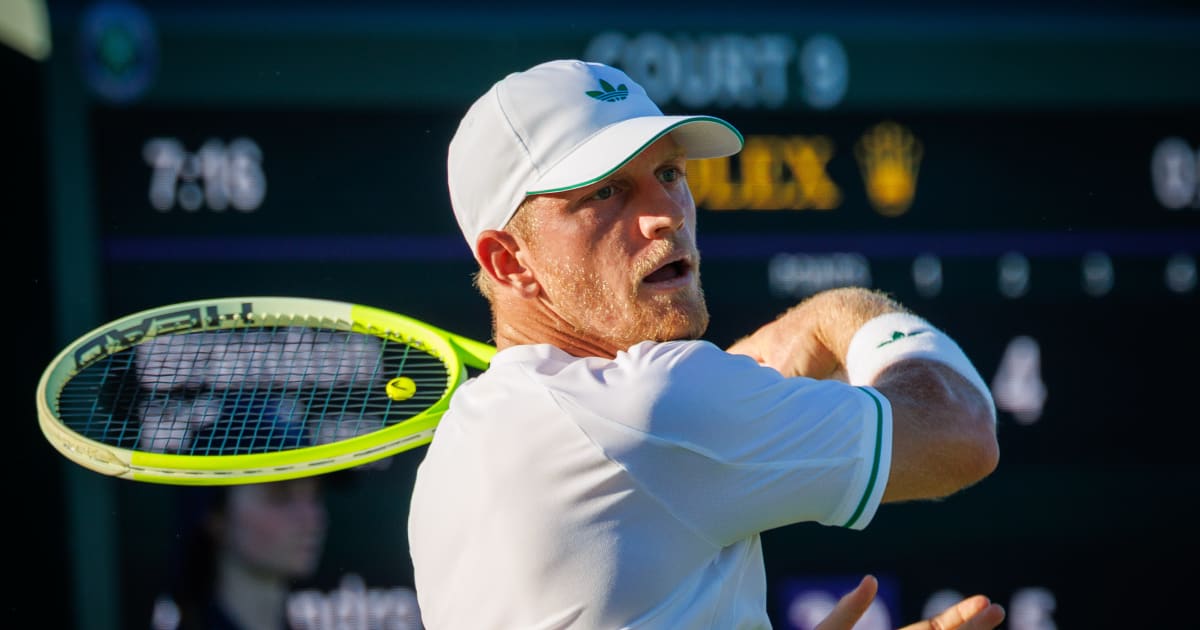Malala Yousafzai: Empowering Afghan female athletes shows ‘bravery and courage’ against the Taliban

CNN —Malala Yousafzai has never stopped fighting for the rights of women, even after it almost cost the Nobel-Prize-winning activist her life.And in her latest rallying cry, Yousafzai wants more opportunities granted to Afghanistan’s elite female athletes, at a time when they have been forced into exile under the Taliban’s rule. For that to be the case, she says that international sports organizations must show “bravery and courage” against the radical Islamist group, which is not recognized by most countries around the world.“They can definitely find opportunities for these players to play, and this is a form of resistance against the Taliban when we empower the Afghan female athletes to be able to play,” Yousafzai told CNN Sports in an exclusive interview.According to the United Nations, Afghanistan under Taliban rule is the most repressive country in the world for women’s rights. Secondary schools are closed for girls, women are unable to attend universities, and male chaperones are required for any form of travel.In the four years since the Taliban seized power in Afghanistan, women have been unable to attend public spaces like parks and gyms, making it difficult even to leave their own homes.While riding a bus home from school in 2012, Yousafzai was shot in the head by the Pakistani Taliban or TTP (Tehrik-i-Taliban Pakistan) – a separate group which is the ideological twin of, and gets its name from, the Afghan Taliban, but is not directly a part of the group that rules Afghanistan. She has long spoken out about the plight facing women in Afghanistan, and at age 17 became the youngest recipient of the Nobel Peace Prize for her work as an education activist, two years after surviving the attempt on her life.“The Taliban have literally banned women’s sports, women’s work, women’s education,” Yousafzai said. “Afghan activists call it a form of gender apartheid.”Yousafzai arrives to attend an international summit in Islamabad, Pakistan, earlier this year. Aamir Qureshi/AFP/Getty ImagesThe situation has forced many of the country’s top female athletes into exile, still unable to compete on the international stage.That’s the case for the women’s soccer team, currently based in Australia after fleeing from Afghanistan in 2021. Yousafzai met with the players during the Women’s World Cup two years ago and has been campaigning for the team to be formally recognized by governing body FIFA.“It was just truly heartbreaking to know that while women’s sports were thriving (during the World Cup) and we were watching these soccer games and the stadiums were full, but then, on the other hand, there is a team in the world from Afghanistan where they are not able to play in their country,” she said.Last month, FIFA said that its council had approved a Strategy for Action for Afghan Women’s Football, hopeful that an Afghan women’s refugee team will be operational “as soon as possible.”President Gianni Infantino called it a “landmark initiative,” though it stops short of providing official recognition as the Afghanistan Women’s National Team. Others, meanwhile, say that the action has come too late.“We have already lost the chance to compete in two World Cups, and this will not change that,” said Afghan player Mursal Sadat. “We urge FIFA and all its Member Associations to take all measures necessary to stop enabling the ongoing gender discrimination against the Afghanistan Women’s National Team, and to use their power to ensure the women and girls still living in Afghanistan are not forgotten.”The country’s female cricketers are faced with a similar situation. In April, the International Cricket Council (ICC) announced that it had formed a task force to support displaced women’s players from Afghanistan, including a dedicated fund to provide financial relief.This came a month after Human Rights Watch called on the ICC to ban Afghanistan’s men’s team from international cricket “until women and girls can once again participate in education and sport in the country.”Cricketers from Afghanistan huddle before a match in Melbourne, Australia, on January 30. Martin Keep/AFP/Getty ImagesYousafzai also believes that organizations should be doing more to support Afghanistan’s top female athletes.“There’s so much we can do outside the country for all of these Afghan women who are in exile, who have risked their lives, and the Afghan women’s cricket team and soccer team are one of those opportunities,” she said.“FIFA, ICC, these are international bodies, they can definitely find opportunities for these players to play, and this is a form of resistance against the Taliban when we empower the Afghan female athletes to be able to play.“Playing and practicing every right for Afghan women is a form of resistance, is a form of bravery and courage against the Taliban.”A FIFA spokesperson told CNN Sports that it “continues to take the challenges faced by Afghan women and girls – both those who remain in Afghanistan and those who have been evacuated – very seriously.”The spokesperson called the Strategy for Action for Afghan Women’s Football a “significant step forward – in football and for other sports” with developments set to be announced “over the coming months.”The ICC has yet to respond to CNN’s request for comment.Having recently launched a global investment initiative focusing on women’s sports, Yousafzai is more determined than ever to see female athletes receive the platform and recognition that she believes they deserve – both in Afghanistan and beyond.With that in mind, she wants sports’ most powerful organizations to “really challenge themselves” when it comes to pushing for social change.“They should be supporting the athletes and should not be telling us that it’s so difficult to figure out,” Yousafzai said.“In the end, sports is about these incredible athletes. They make the sports, and we should be trying to figure out ways for them to be able to play.”










